14 Simple Swaps to Cut Ultra-Processed Foods from Your Diet
In the fast-paced modern world, convenience often takes precedence over health, leading to an increased reliance on ultra-processed foods. These are products that have been significantly altered from their original form through industrial processes, often containing additives, preservatives, and artificial flavors. Ultra-processed foods are not just about convenience; they have become a staple in many diets due to their accessibility and appealing taste. However, numerous studies have linked these foods to various health issues, including obesity, heart disease, and diabetes. Understanding the impact of ultra-processed foods is crucial for anyone looking to make healthier dietary choices. This article explores 14 easy food swaps to help reduce the intake of these foods, paving the way for a healthier lifestyle. Each swap is designed to seamlessly integrate into everyday life, making it simpler to transition towards a diet that prioritizes whole, minimally processed foods.
Swap 1: Fresh Fruits Over Packaged Snacks

Packaged snacks, such as chips and cookies, are often loaded with sugars, unhealthy fats, and artificial ingredients. A simple yet effective swap is choosing fresh fruits instead. Fruits are naturally sweet and packed with essential nutrients, fiber, and antioxidants. For instance, replacing a bag of chips with an apple or a banana not only satisfies your cravings for something sweet or crunchy but also provides your body with vitamins and minerals that support overall health. This swap also aids in weight management, as fruits are generally lower in calories and higher in water content, promoting a feeling of fullness.
Swap 2: Whole Grains Instead of Refined Grains
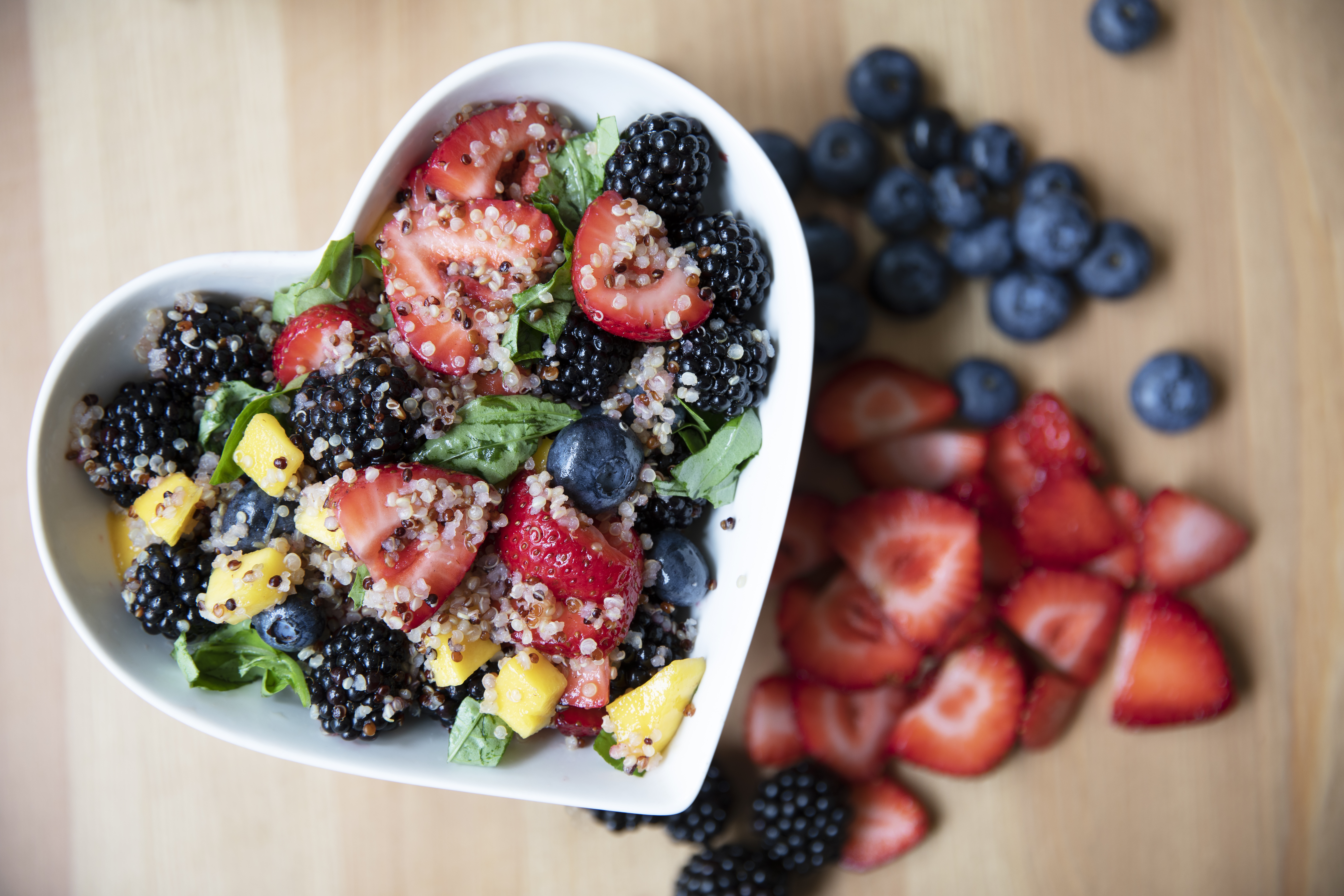
Refined grains, such as white bread and pasta, have been stripped of their nutritional value during processing. Whole grains, on the other hand, retain their bran and germ, making them rich in fiber, vitamins, and minerals. By choosing whole-grain options like brown rice, quinoa, or whole wheat bread, you can significantly enhance your nutrient intake. Whole grains have been shown to reduce the risk of chronic diseases, including heart disease and type 2 diabetes. They also aid in digestion and help maintain a healthy weight by promoting satiety. This swap is an effective way to improve your diet without sacrificing taste or convenience.
Swap 3: Homemade Sauces Over Store-Bought Varieties
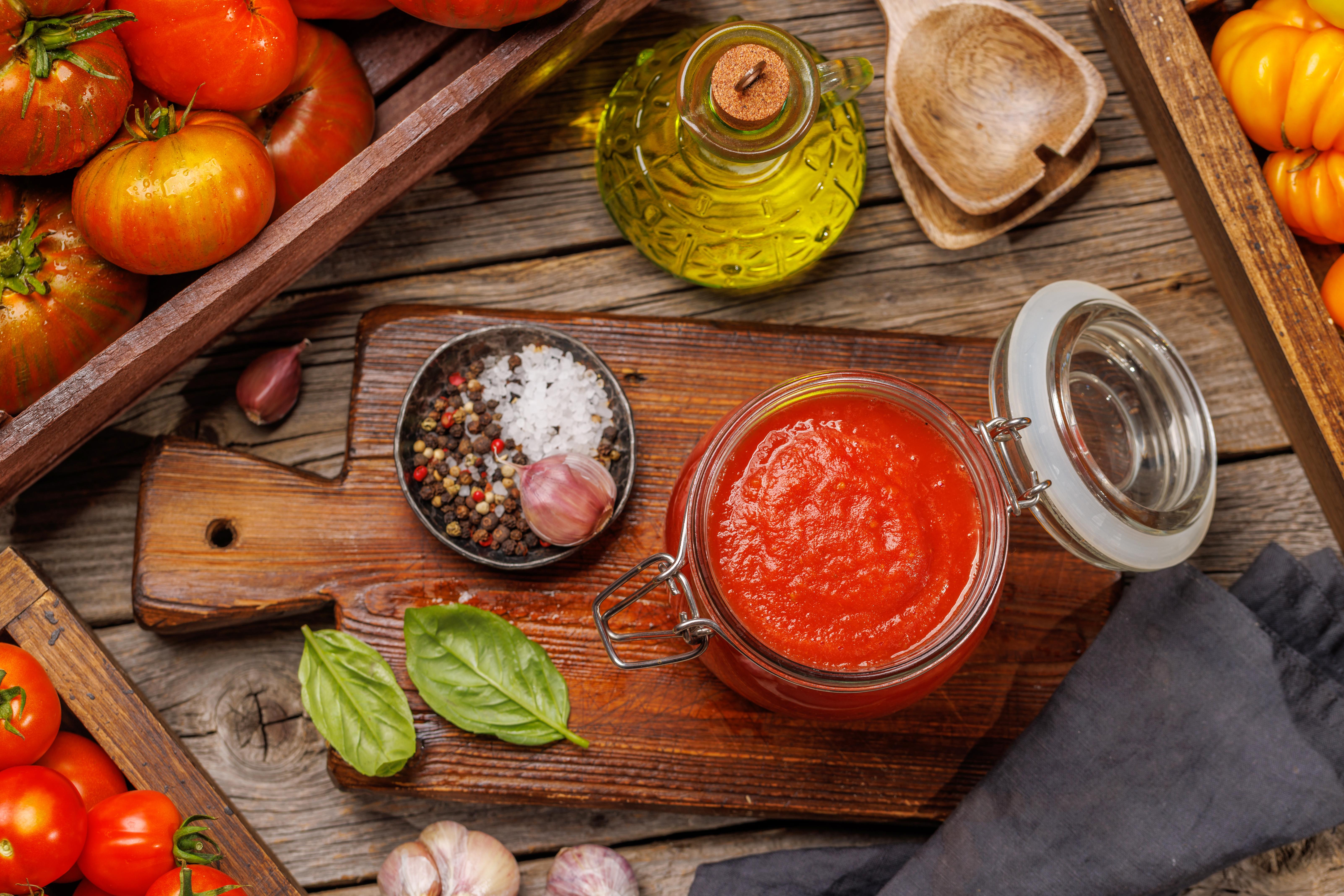
Store-bought sauces, including ketchup, salad dressings, and pasta sauces, are often high in sugar, sodium, and preservatives. Making your sauces at home allows you to control the ingredients and tailor them to your taste preferences. For example, a homemade tomato sauce can be prepared using fresh tomatoes, garlic, and herbs, offering a healthier alternative to its store-bought counterpart. Not only does this swap reduce the intake of unnecessary additives, but it also enhances the flavor and nutritional value of your meals. Homemade sauces can be made in bulk and stored for later use, making them a convenient and healthier option.
Swap 4: Natural Sweeteners Over Refined Sugar

Refined sugar is a common ingredient in many ultra-processed foods, contributing to a host of health issues, including obesity and tooth decay. Opting for natural sweeteners, such as honey, maple syrup, or stevia, can help reduce sugar intake while still satisfying your sweet tooth. These alternatives are often less processed and contain beneficial nutrients or antioxidants. For instance, honey has antibacterial properties, while maple syrup contains vitamins and minerals like zinc and manganese. By making this swap, you can enjoy the sweetness you crave without the negative health impacts associated with refined sugar.
Swap 5: Plant-Based Proteins Over Processed Meats
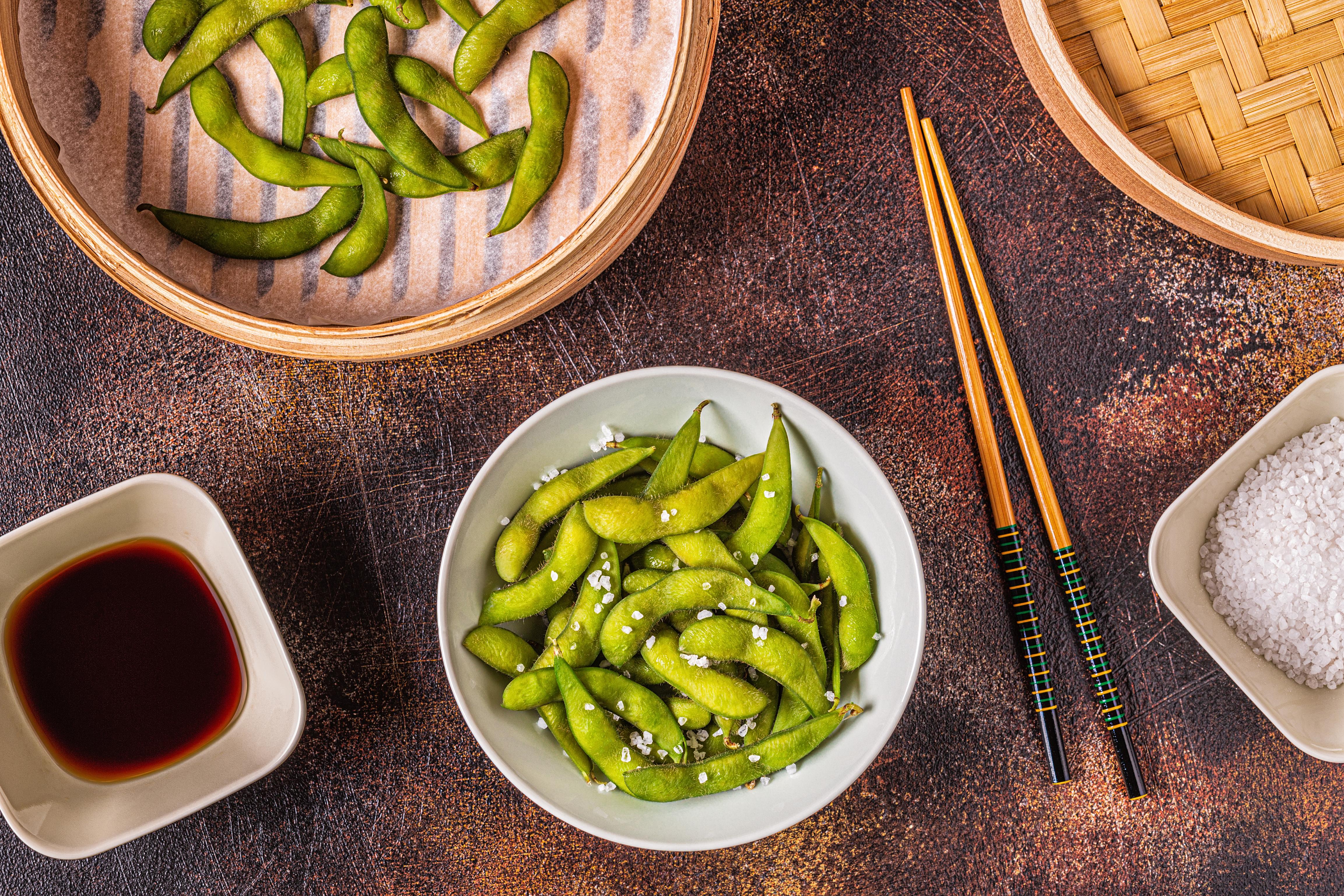
Processed meats, such as sausages and deli meats, are often high in sodium, nitrates, and unhealthy fats, which have been linked to increased cancer risk and heart disease. Incorporating plant-based proteins like beans, lentils, tofu, or tempeh into your diet is a healthier alternative. These options are not only rich in protein but also provide fiber, vitamins, and minerals. Plant-based proteins are versatile and can be used in a variety of dishes, from salads to stir-fries. This swap supports a balanced diet and contributes to better long-term health outcomes.
Swap 6: Homemade Broths Over Bouillon Cubes
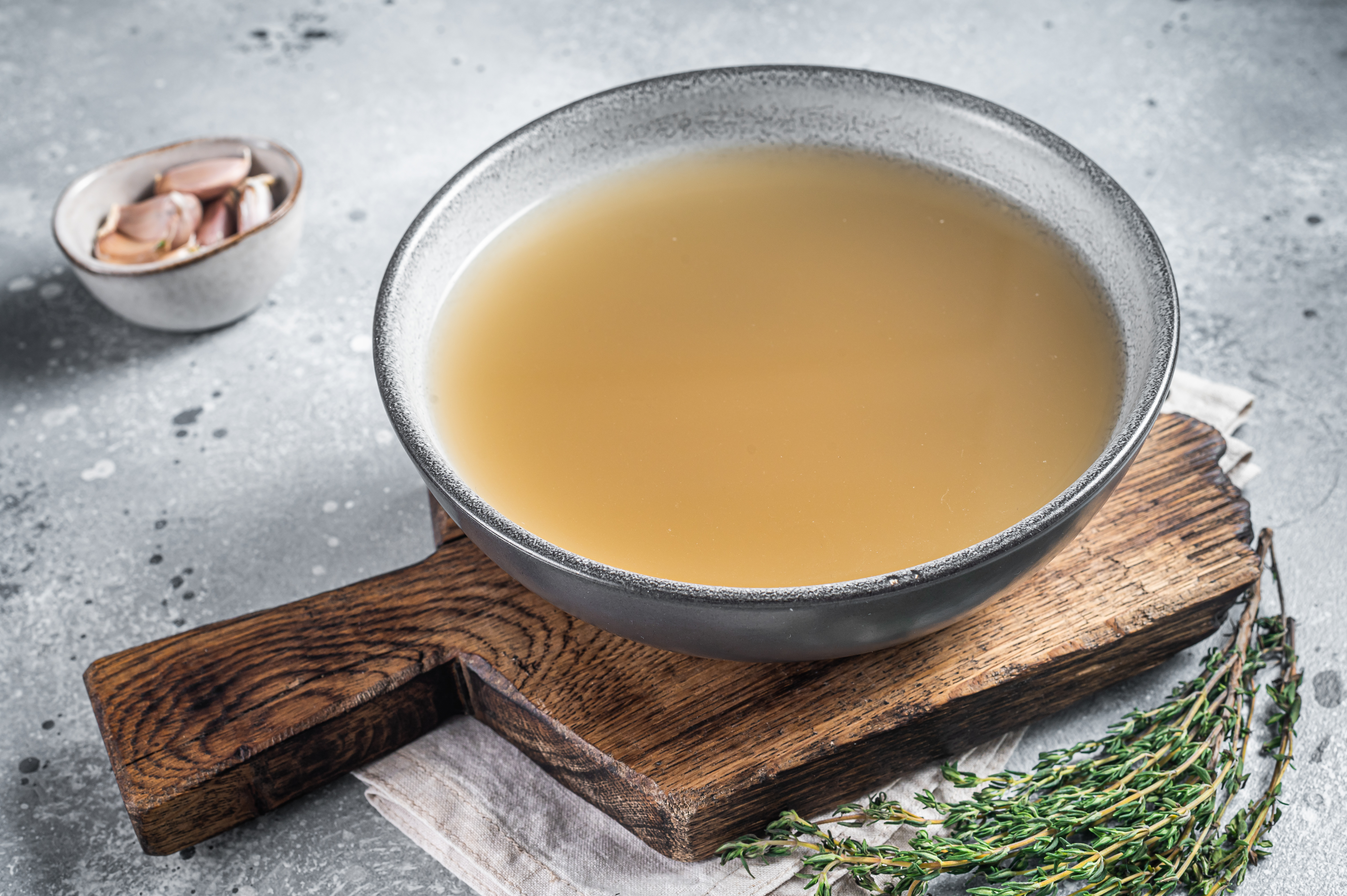
Bouillon cubes are a convenient way to add flavor to dishes but are often laden with sodium, preservatives, and artificial flavors. Making broth at home using fresh ingredients like vegetables, herbs, and bones (for non-vegetarian options) is a healthier choice. Homemade broth is not only lower in sodium but also richer in nutrients and flavor. It can be used as a base for soups, stews, and sauces, enhancing the nutritional profile of your meals. This swap encourages the consumption of whole foods and reduces reliance on processed flavor enhancers.
Swap 7: Greek Yogurt Over Flavored Yogurts
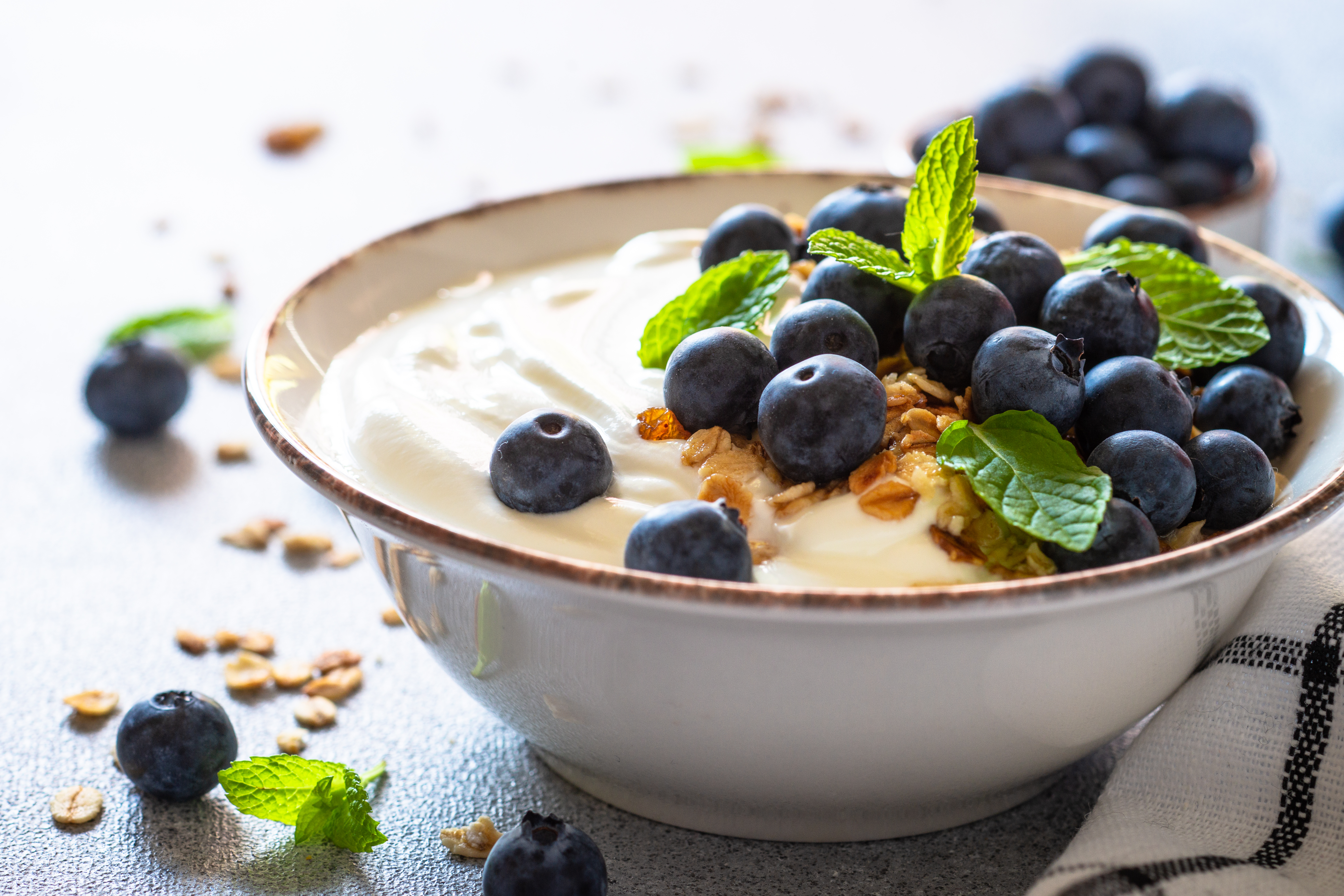
Flavored yogurts, while seemingly healthy, often contain high levels of added sugars and artificial flavors. Greek yogurt, on the other hand, is a protein-rich alternative that is lower in sugar and free from artificial additives. It can be sweetened naturally with fruits, honey, or nuts, providing a nutritious and satisfying snack or breakfast option. Greek yogurt also contains probiotics, which support gut health and digestion. By making this swap, you can enjoy the benefits of yogurt without the drawbacks of added sugars and artificial ingredients.
Swap 8: Nut Butters Over Processed Spreads
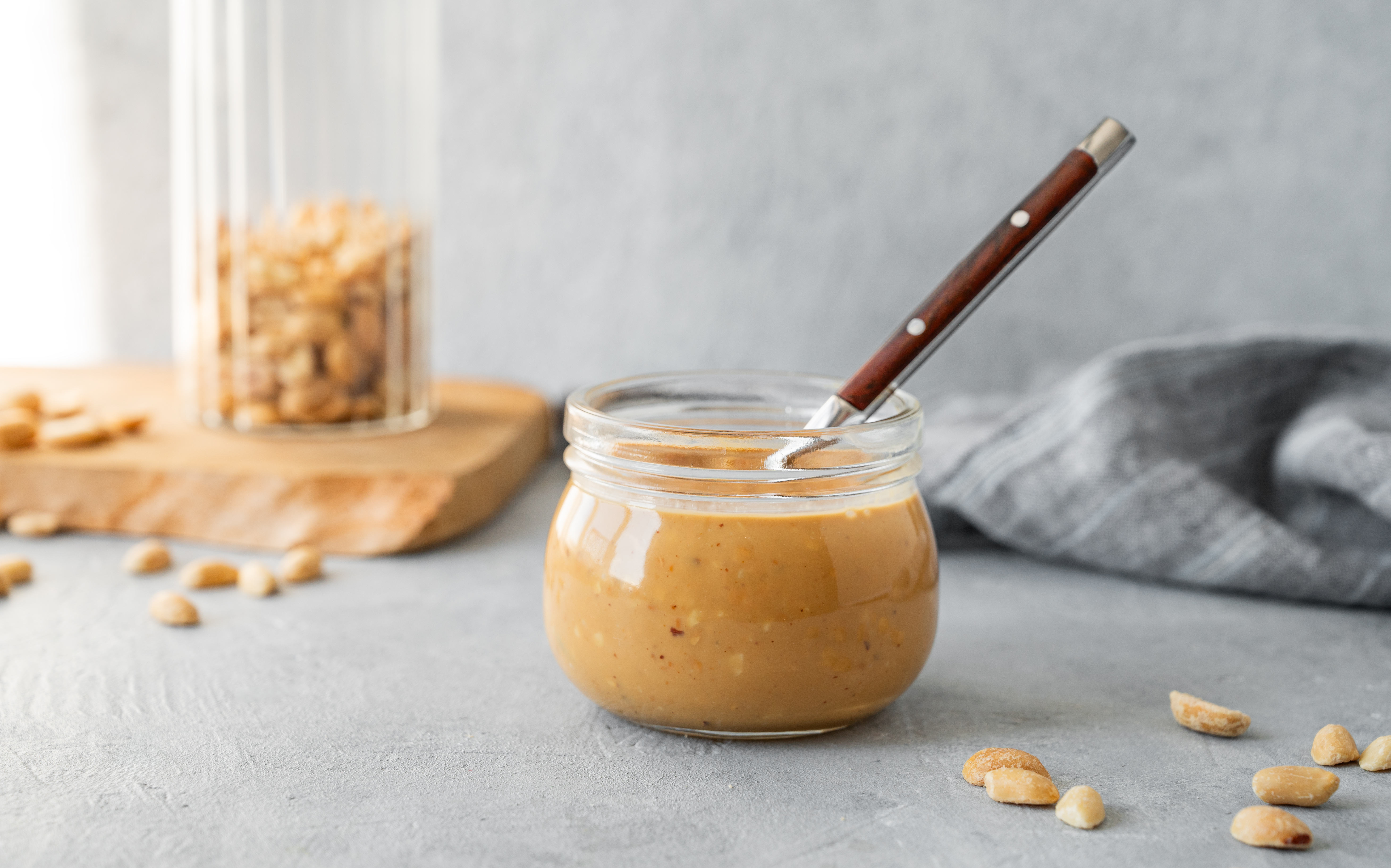
Processed spreads, such as chocolate or hazelnut spreads, are typically high in sugar and unhealthy fats. Natural nut butters, like almond or peanut butter, are a more nutritious choice. They are rich in healthy fats, protein, and essential vitamins and minerals. When choosing nut butters, it's important to opt for those with minimal ingredients, ideally just nuts and a pinch of salt. This swap not only reduces sugar intake but also provides sustained energy and satiety, making it a healthier option for snacks or meal additions.
Swap 9: Air-Popped Popcorn Over Microwave Popcorn

Microwave popcorn is a popular snack but often contains artificial flavors, unhealthy fats, and high sodium levels. Air-popped popcorn, made using a popcorn maker or on the stovetop, is a healthier alternative. It is low in calories and can be seasoned with natural ingredients like herbs, spices, or a sprinkle of nutritional yeast for added flavor. Air-popped popcorn is a whole grain, providing fiber and antioxidants. This swap allows you to enjoy a crunchy snack without the health risks associated with microwave popcorn.
Swap 10: Herbal Teas Over Sugary Beverages

Sugary beverages, including sodas and energy drinks, are a major source of added sugars in the diet, contributing to obesity and metabolic disorders. Herbal teas offer a flavorful and caffeine-free alternative. They are naturally calorie-free and can be enjoyed hot or cold, providing hydration without the sugar. Herbal teas also come with various health benefits, such as improved digestion, relaxation, and antioxidant properties. By swapping sugary drinks for herbal teas, you can significantly reduce sugar intake and support overall health.
Swap 11: Fresh Herbs Over Dried Seasonings
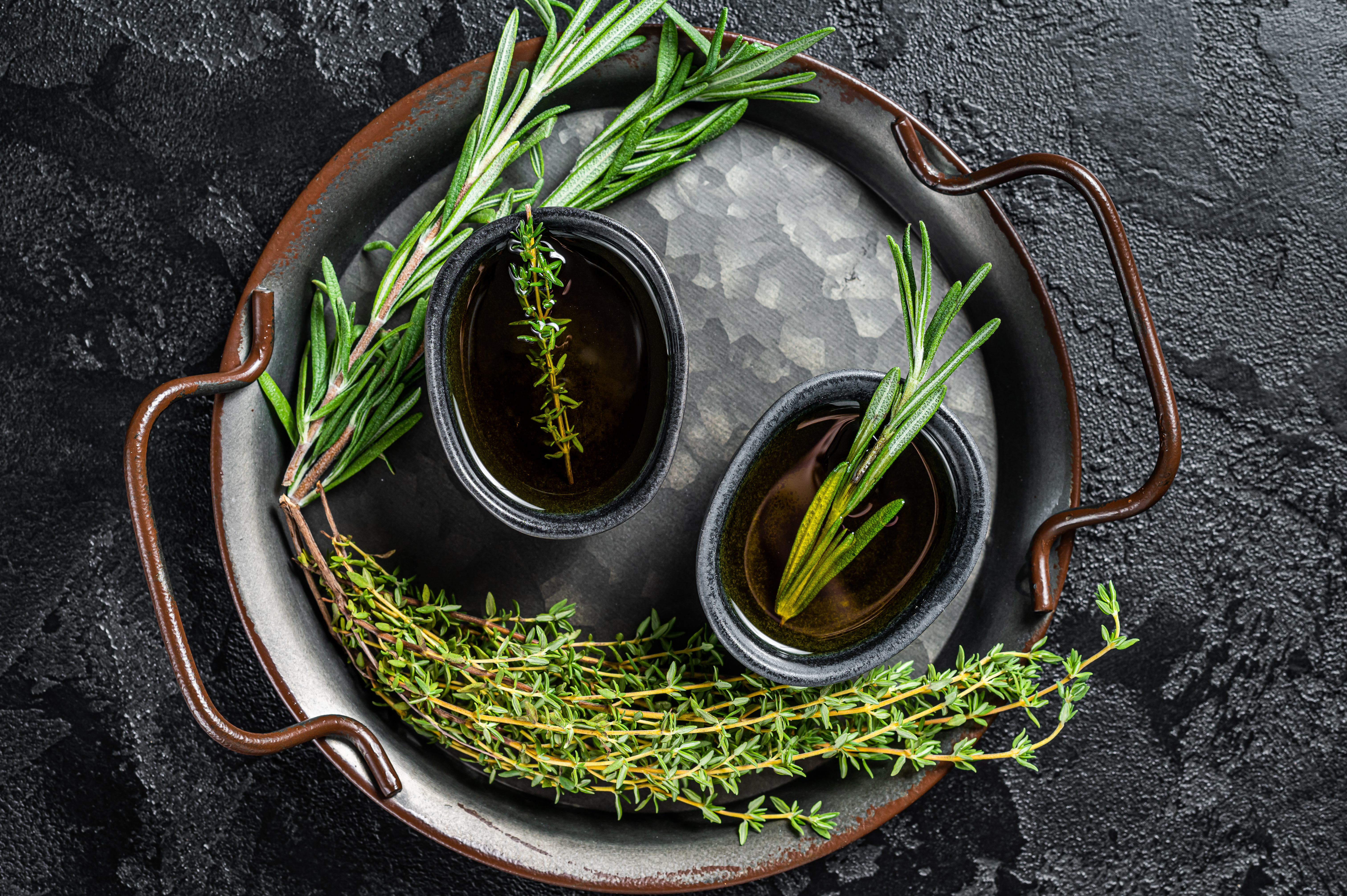
Dried seasonings often contain added salt and preservatives. Fresh herbs, such as basil, cilantro, or parsley, are a vibrant alternative that enhances the flavor and nutritional value of dishes. Fresh herbs are rich in antioxidants, vitamins, and minerals, contributing to better health outcomes. They can be used in a variety of cuisines and dishes, from salads to pasta. This swap not only reduces the intake of additives but also encourages the use of whole, natural ingredients in cooking.
Swap 12: Homemade Smoothies Over Store-Bought Options

Store-bought smoothies may seem healthy but often contain added sugars and preservatives. Making smoothies at home allows you to control the ingredients and tailor them to your nutritional needs. Using fresh fruits, vegetables, and a base like yogurt or almond milk, you can create a nutrient-dense drink that is free from unnecessary additives. Homemade smoothies are an excellent way to increase fruit and vegetable intake, providing essential vitamins, minerals, and fiber. This swap supports a healthier diet and can be customized to suit individual taste preferences.
Swap 13: Baked Goods Over Fried Snacks

Fried snacks, such as doughnuts or chips, are high in unhealthy fats and calories. Baking offers a healthier cooking method that reduces fat intake while still delivering delicious results. Baked goods, such as whole-grain muffins or sweet potato fries, can be made using wholesome ingredients and provide a satisfying alternative to fried snacks. Baking also allows for greater control over ingredients, enabling the incorporation of nutrient-rich foods like whole grains, fruits, and nuts. This swap promotes a healthier approach to snacking and meal preparation.
Swap 14: Infused Water Over Flavored Water

Flavored waters often contain artificial sweeteners and additives. Infused water, made by adding fresh fruits, herbs, or vegetables to water, is a natural and refreshing alternative. It provides hydration without the added sugars or artificial ingredients found in flavored waters. Infused water can be easily customized with ingredients like lemon, cucumber, or mint, offering a variety of flavors to suit personal preferences. This swap encourages increased water consumption, supporting hydration and overall health.
Embracing a Healthier Lifestyle

Transitioning to a diet with fewer ultra-processed foods can seem daunting, but these simple swaps make it achievable. By choosing whole, minimally processed foods, you can improve your nutrient intake, support better health outcomes, and enjoy a more flavorful and satisfying diet. Each swap outlined in this article is designed to seamlessly integrate into daily life, making it easier to embrace healthier eating habits. As you incorporate these changes, you'll likely notice improvements in energy levels, digestion, and overall well-being. Embracing a diet rich in whole foods not only benefits your health but also supports sustainable and mindful eating practices.